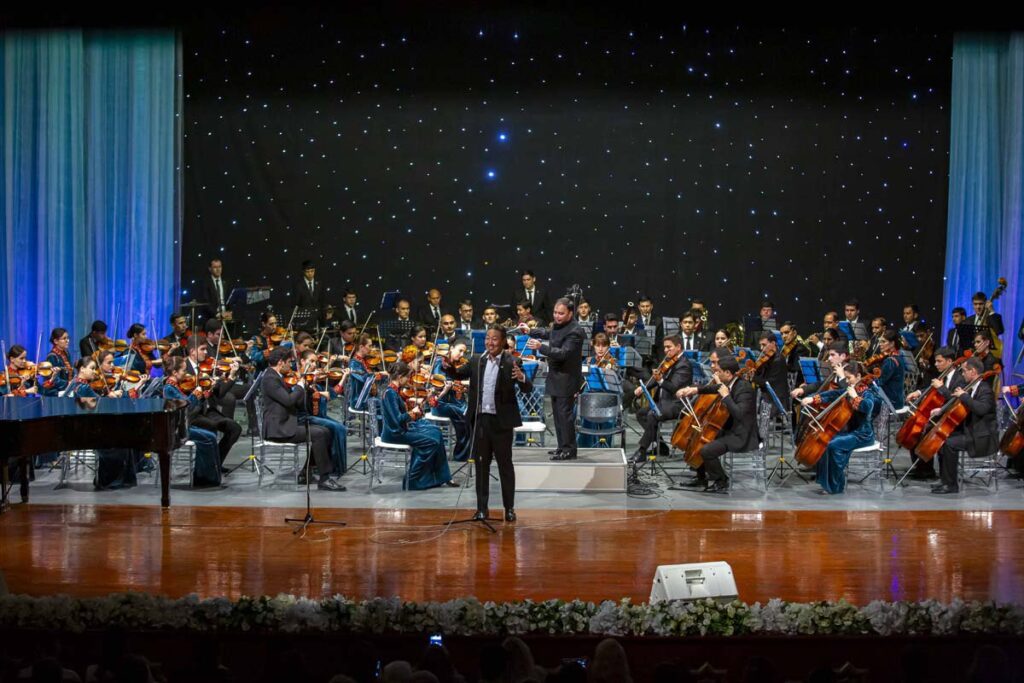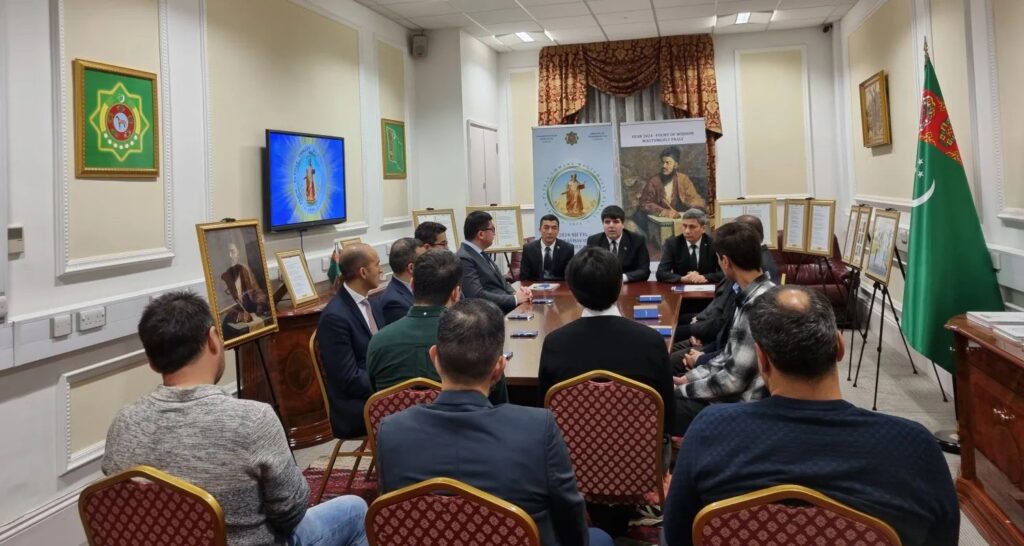Central Asia in the Crosshairs: Experts Warn of Intensifying Global Information Wars
The shift toward a multipolar world is unlikely to spark a nuclear conflict, but it is setting the stage for a global information war, according to Kazakh experts. They predict that Central Asia will soon become the focal point of this confrontation. At a roundtable in Astana titled "Humanitarian Aspects of Information Security and Soft Power as Factors of Sustainable Development and National Consolidation of Kazakhstan," participants discussed how Kazakhstan could address these challenges while leveraging "soft power" to its advantage. The Information Warfront Yerzhan Bagdatov, director of the information agency Toppress.kz, stated that Kazakhstan has long been a hotspot for hybrid warfare between Russia and the West. This is evident not only in sanctions threatening secondary effects on Kazakh enterprises, but also in external information campaigns targeting the country. “The methods of information warfare - sabotage, provocations - are already evident in Kazakhstan. A Third World Information War, though unlikely to involve nuclear weapons, could still result in casualties, economic losses, and damage to infrastructure,” said Bagdatov. Bagdatov noted that media, social networks, and mobile apps have become primary tools in this warfare. Across the globe, specialized information operation centers are deploying these tactics, including in Central Asia. Kazakhstan has experienced attempts to stoke inter-ethnic tensions, undermine trust in monetary policy, and spread misinformation about health policies, including vaccination. Bagdatov emphasized the urgent need to combat these tactics through better public awareness and “information hygiene.” He pointed to Russia’s example, where an institute under the Academy of Sciences counters information attacks. He suggested Kazakhstan could expand fact-checking efforts, such as those by stopfake.kz, into a regional network to address cross-border misinformation. Building Resilience Through Digital Hygiene Alexander Drogovoz, deputy director of the Alexei Kosygin Institute of International Education in Russia, advocated for a unified approach among Central Asian nations. This includes creating regional communication platforms to reduce reliance on Western platforms that frequently block or ban content from countries like Russia. Drogovoz also highlighted the need to combat online anonymity, citing Italy's law enforcement measures to identify anonymous users and prosecute illegal online activity. “Authorities must treat online crimes with the same seriousness as real-world offenses,” he stated. Galym Baituk, chairman of Manash Kozybaev North Kazakhstan University, underscored Kazakhstan’s unique position at the crossroads of civilizations, making it particularly vulnerable to misinformation and propaganda. He called for the development of national digital platforms to promote the Kazakhstani agenda and state-supported education programs to help citizens distinguish facts from manipulation. Turning Challenges Into Opportunities Despite the threats, Aidar Kurmashev of the Kazakhstan Institute for Strategic Studies (KISI) argued that the situation offers Kazakhstan new opportunities to assert itself as a regional leader in "soft power." Kurmashev emphasized the growing importance of middle powers, such as Kazakhstan, in a multipolar world. Drawing on the experiences of countries like South Korea and Turkey, he suggested that Kazakhstan could foster coalitions to address global challenges while strengthening its regional position. Another opportunity lies in engaging with the Kazakh diaspora. Kurmashev proposed studying the...





